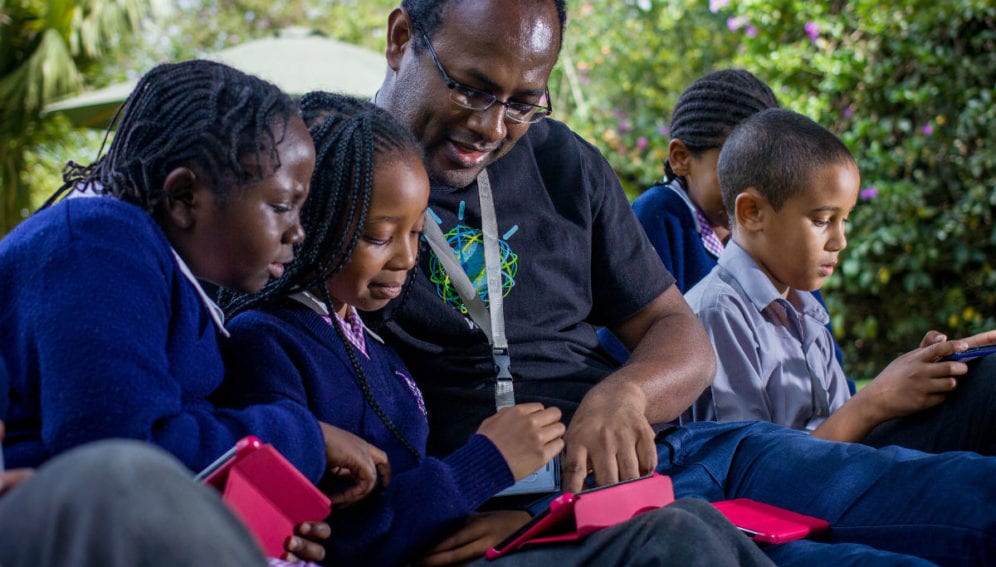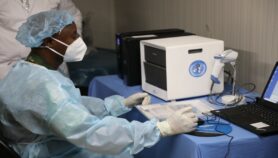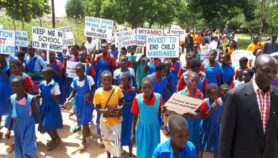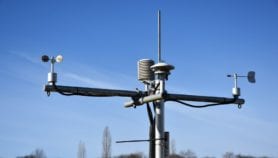By: Sam Otieno
Send to a friend
The details you provide on this page will not be used to send unsolicited email, and will not be sold to a 3rd party. See privacy policy.
[NAIROBI] Africa’s tendency of not using locally generated big data is stifling efforts to tackle socioeconomic challenges such as food insecurity, health and climate change, a meeting has observed.
The 8th Kenya Medical Research Institute (KEMRI) annual scientific and health conference that was held last month (14-16 February) in Kenya noted that big data could be analysed to reveal patterns to generate local evidence for creating policies.
“However, the problem is how to find, collect, analyse and manage correct information to make people’s lives healthier and easier.”
Njeri Wamae, United States International University – Africa, Kenya
Cecilia Wanjala, commercial manager at KEMRI, tells SciDev.Net that there is a need for the continent to turn the evidence created from local research data into viable solutions for addressing the challenges. Wanjala added that researchers should adopt multi-sectoral and interdisciplinary collaborations to address research challenges.
According to Alphonsus Neba, programme manager at the Kenya-headquartered African Academy of Sciences, quality research data could help create innovations in health such as new medicines, and influence policymaking for the continent’s socioeconomic growth.
He adds that there is no shortage of data for most of the health challenges affecting the continent, but the data available are often with gaps, locked in the information systems of many African governments, universities, nongovernmental organisations or other key actors.
Neba called on the continent to understand big data, its implications and to plan for its use to benefit from the potential opportunities it presents.
Timothy Oriedo, a big data scientist and digital transformation instructor at Kenya’s Strathmore Business School, tells SciDev.Net that in today’s data-driven age, the continent should transition towards evidenced-based decisions.
“Analysing the data reveals inclinations and knowledge that may run contrary to our assumptions, causing a shift in [the] ultimate decisions that in turn will better serve Africa,” Oriedo explains.
He called for research collaboration between Africa and other parts of the world to help build capacity and to close the gap between research input and research output on the continent.
Njeri Wamae, dean at the School of Pharmacy and Health Sciences at Kenya-based United States International University – Africa, says that the continent has an abundance of natural resources to provide solutions for its own problems.
“However, the problem is how to find, collect, analyse and manage correct information to make people’s lives healthier and easier,” explains Wamae, who notes there is need for Africa to invest in infrastructure that is essential for digital data revolution.Wamae added that accurate analysis of weather data by African meteorological departments could enable countries make better long-term food, environmental policies and even create contingency plans and interventions.
This piece was produced by SciDev.Net’s Sub-Saharan Africa English desk.














